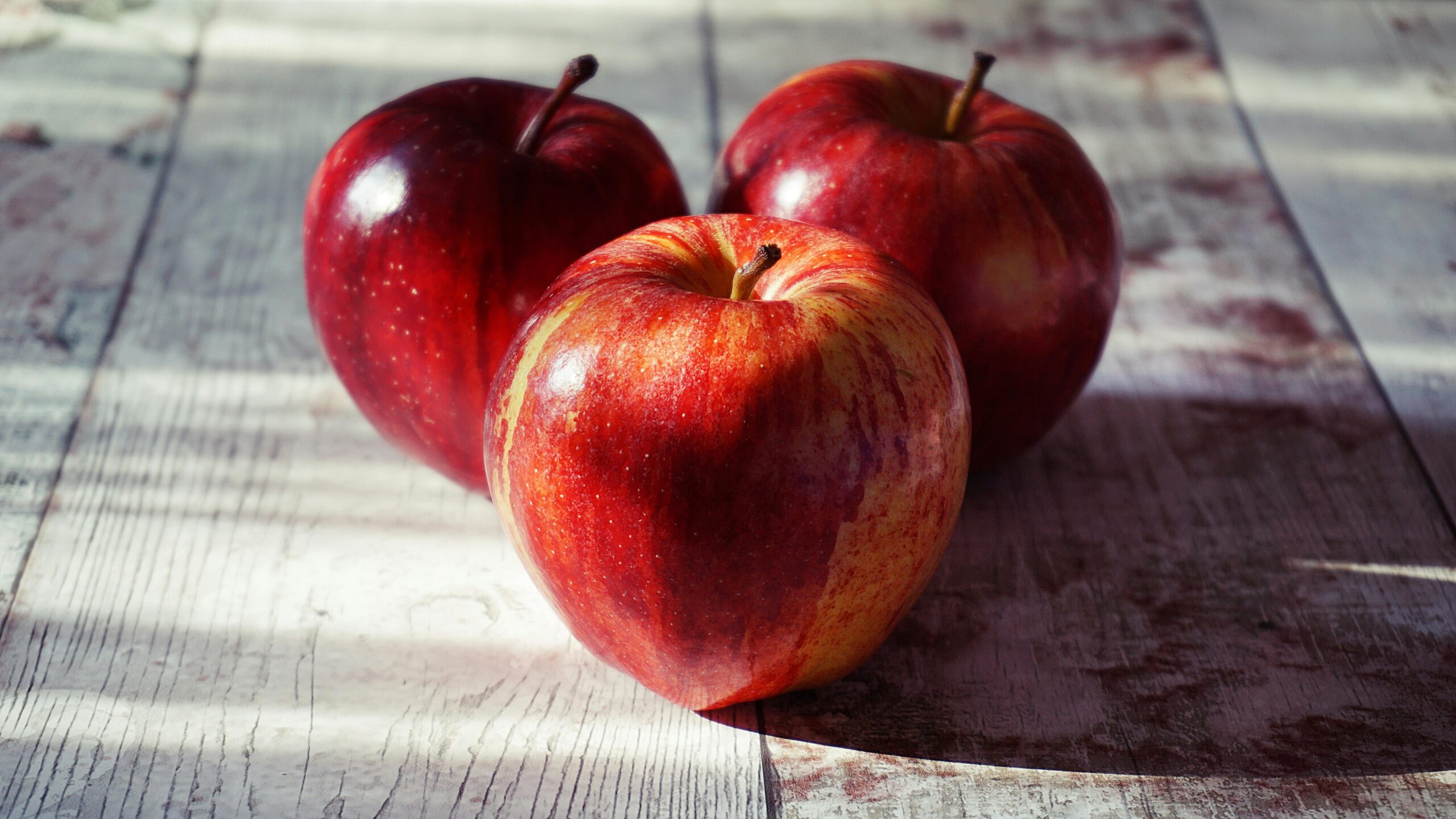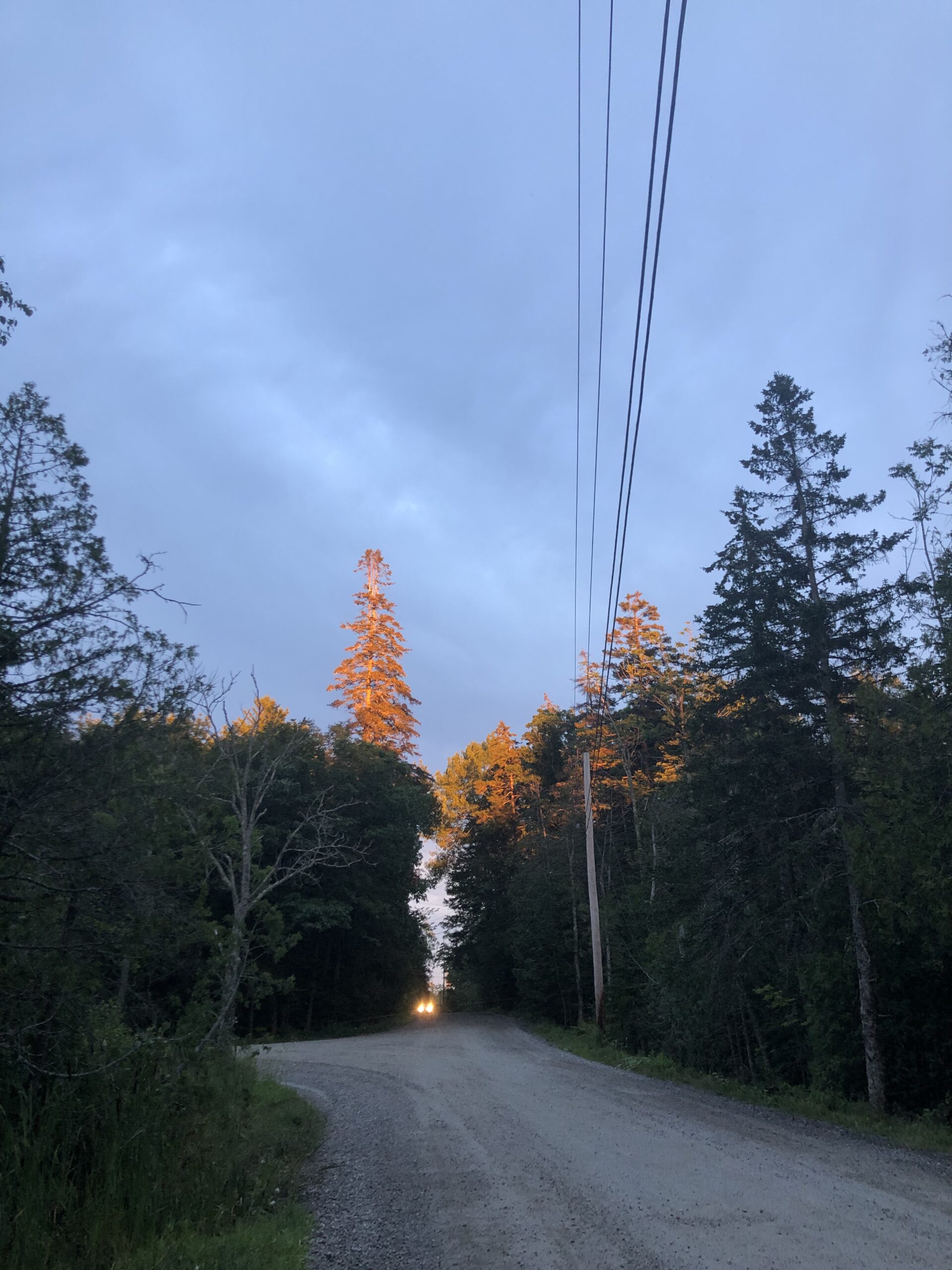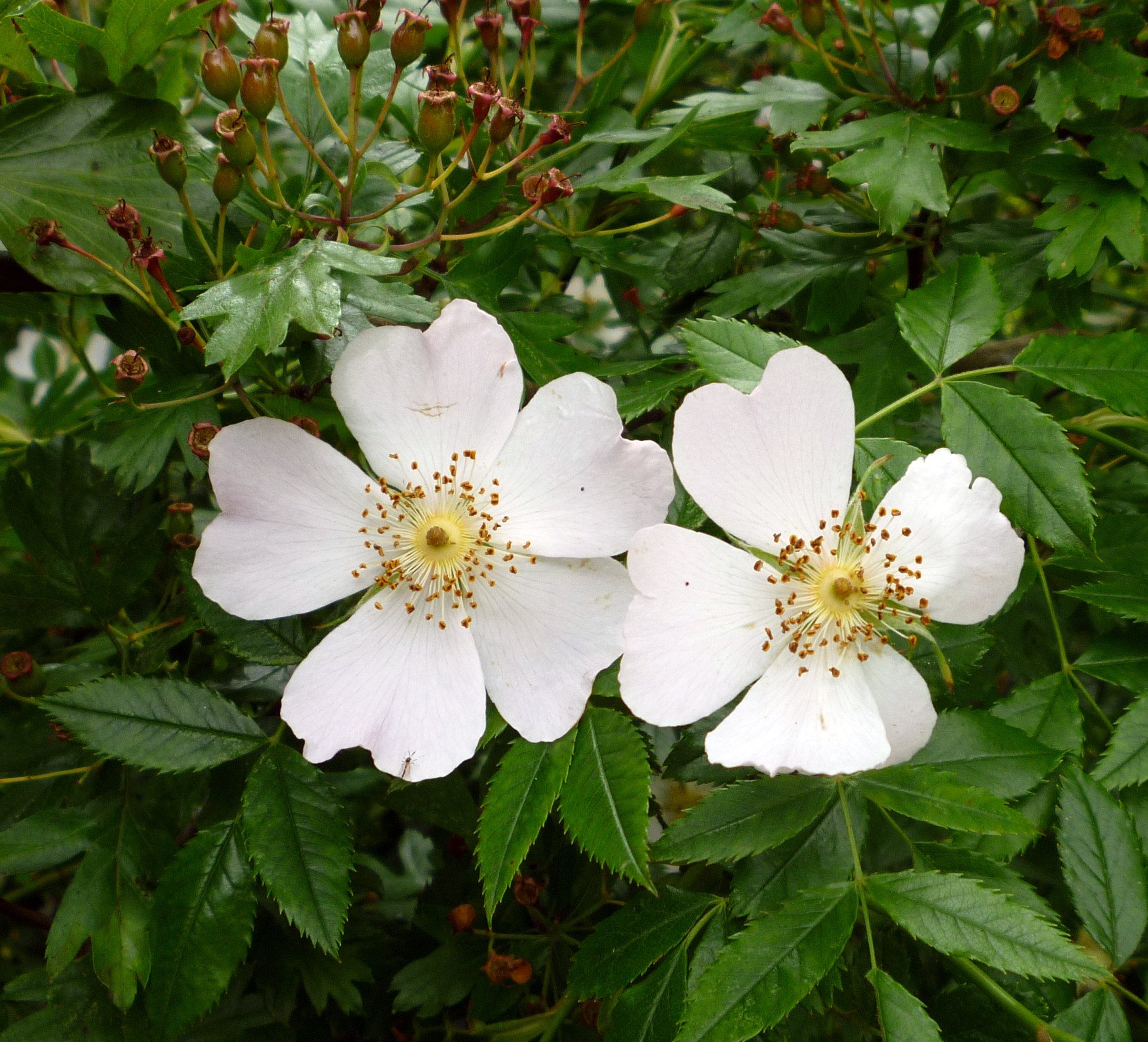Please join us in greeting new contributors Jane Huffman and Jeff Hipsher.
Spanish Riding School
A mannequin diligence to pallor, to possession.
That’s what they look for in their Lipizzaner
stallions, and in their riders, calf bicorne hats,
white suede gloves, all animal material and gin
clean manes braided in the same practicing plait.
They go transparent fast. They prance in light
campaigns, pretty like warfare. I went as a child
to the arena where you could see through them.
The summer stables, men in swan neck spurs,
and the sun that cooks the piss into the ground,
I watched them school around and around, ghosts
in mud tails and cruppers. The riders
could have been headless for all I cared. Costumes
affixed to nothing, reins pooling nothing
into fluid obedience, no wolf tooth to snag
the snaffle. The absence of horse flies struck me
like horse flies. I was in the presence of empire.
I bought a souvenir topper and crop, pretended
Taraxippus, the patron of spooking Hippodrome
horses, was trotting under my broomstick. No
Pegasus. No Norse eight-legged horse or St. George
peeling out of heaven, deus ex machina with a strap-on
horn. The dead here are dappled grey and flea-bitten,
and they can be ridden. When a Lipizzaner dies,
they let the earth take him quietly. Relief from one
ceremony begins with another. I lead him away,
into the summer by his halter. Before we canter,
I salute you with a skedded hand, o embodiment.
I never stopped wearing the uniform
I never stopped wearing the uniform
of the kind of woman
who presses her white shirt
into a whiter shirt,
who quenches
her cigarette
in the birdbath
outside of the cathedral
and goes in
trailing pewits.
I was never christened
anything.
The residual furor of mass
made my collars go
up in plainsong.
In high school, I watched
a woman pause
to rub a scratch off
her boot. I measured
sublimity
in the significance
of numbers. Compulsively,
I began transforming
into snow. Snowier,
until the field
I used to be was gone
and the girl
no longer could be called
or counted on.
Church clothes
became conventicles
for us lightweights.
Jesus would step
down from his sun
an tell us what to wear
tomorrow.
No,
nothing in him was transitive.
Not even his marred,
subaltern horselaugh.
Jane Huffman has recent poems in Witness, West Branch, The Adroit Journal,SOFTBLOW, Radar Poetry, Word Riot, and elsewhere in print and online.
FOR TRAYVON MARTIN
to greet y’all.
Allen Tate – “Ode to the Confederate Dead”
Selected phrasing from Marvel Comics’ “The Eternals” as written by Jack Kirby
Jeff Hipsher is the founding editor of Catch Up;a journal of comics and literature.




